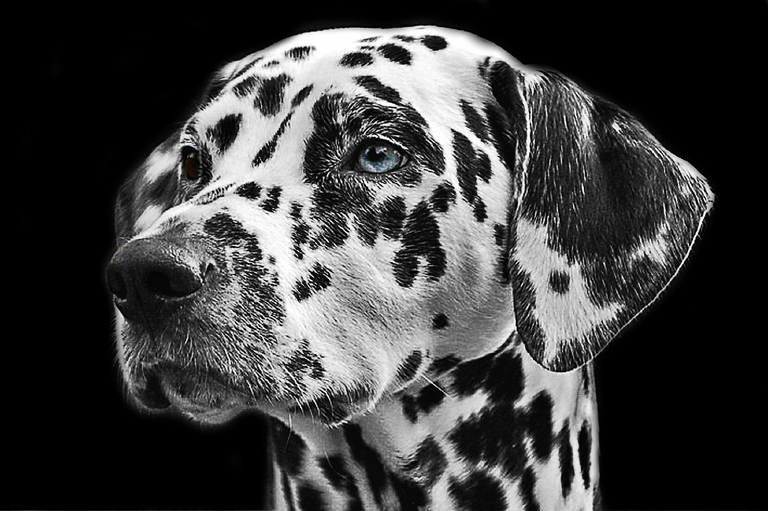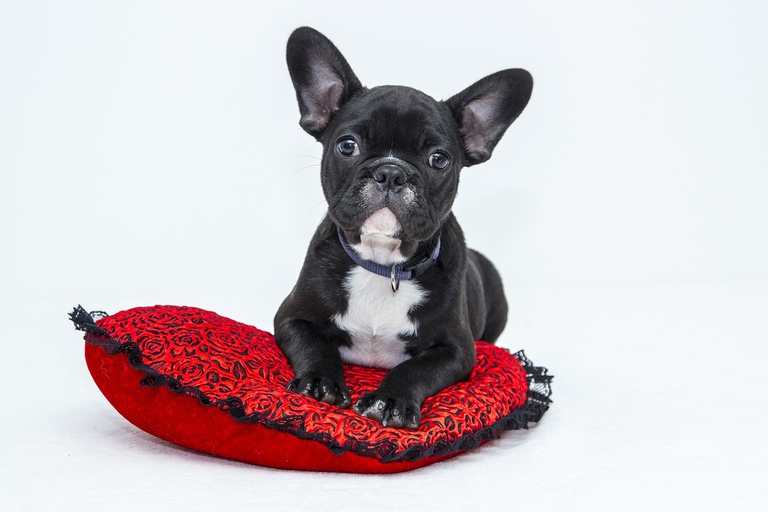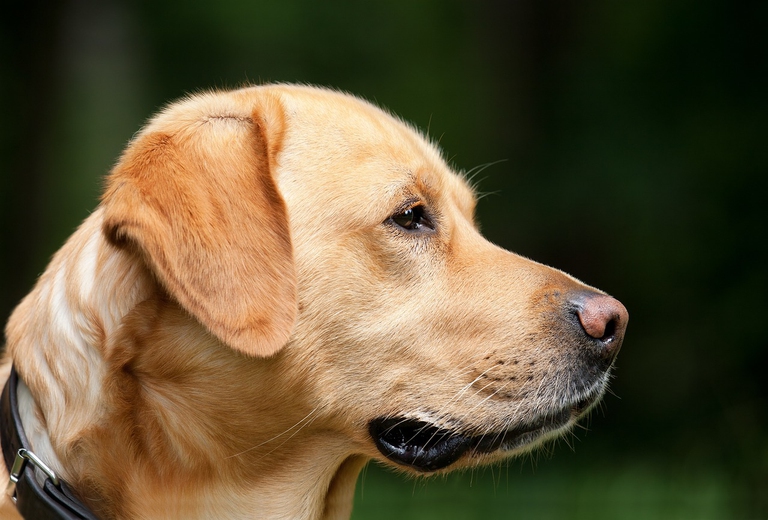https://www.lifegate.it/cane-longevo-caratteristiche
- |
A long-lived dog is no longer a utopia, but the goal of veterinarians and breeders with a specific purpose:the well-being of the species.
- An increase in longevity in dogs is a goal that is no longer unattainable.
- Specific research and studies are gradually revealing its secrets and information.
- There are also some rules to keep in mind to ensure, as far as possible, a healthy and long-lived dog.

A long-lived and healthy dog is the dream of every four-legged lover.And, not surprisingly, in this area there is an increasing amount of information and advice to prolong your life cycle dog and drugs are even being created to help them overcome the usual limits of their life cycle unscathed.There are, however, some very important factors to keep in mind when we want to guarantee, at least in broad terms, a long and happy life for our dog.
Do mixed breed dogs live longer?
First of all, it is essential to clear away a prejudice that has been influencing the view of the canine species for years now.What sees mixed-breed dogs as longer-lived and healthier than purebred dogs.Crossbreeding is only the product of mating between specimens of various breeds which bring with them specific pathologies and problems.Dogs of this type will therefore be subject to the diseases that make up their genetic makeup and determine their longevity and well-being.A question of luck, then?In the case of the adoption of a cross, certainly.Different, however, is the case with purebred dogs whose longevity can often be determined with a good degree of approximation.Let's see how.

A dog that lives a long time is not the result of chance
To strengthen and determine canine longevity, increasingly detailed and significant studies and research are being carried out.We heard from the on the subject Dr. Francesco Miccoli, veterinary doctor and medical director of ReproVet Genetics Italy which provided us with some coordinates to delve into the field of well-being and long life of our four-legged friends.For the expert, genetic predisposition plays a very important role in determining the subject's susceptibility to diseases.
This is particularly evident when the levels of average breed inbreeding are widespread and can affect the performance of the hereditary immune system resulting from this selection.According to scholars, in fact, it is precisely inbreeding that plays an important role in determining the diseases that can affect dogs and this, obviously, is found more often in the universe of purebred ones which are precisely the result of increasingly close mating to fix standard-specific characters.
The importance of the immune system in a long-lived dog
The immune system is inherited in its entirety (i.e. the puppy inherits a complete immune system from the father and a complete immune system from the mother).The more diverse the puppy's complete immune systems, the stronger his immune system will be.THE MHC genes they encode proteins that detect pathogens and tag infected cells so the immune system can destroy them.The more diverse the MHC genes, the more pathogens can be recognized and therefore the stronger the immune function.
The problem of strengthening genetic immunity is, therefore, the basis of correct breeding and is also one of the main criteria of the health and longevity of dogs, whether purebred or mixed breed.And, in this regard, for years now tests have been created to be carried out on certain breeds to highlight their predisposition to specific characteristic pathologies.To do them, just a little:a blood sample or even a simple saliva swab.The tests are especially indicative for breeders who will avoid mating carriers together, but they are also important for the owner who can predict, in this way, the possibility or otherwise that his dog will be subject to diseases throughout his life. genetics.

They explain veterinarians of research laboratories MYLav: “Human-induced selection in dog breeds has favored the onset of specific pathologies, which are caused by alterations in the genotype.With the evolution of animal genetics and the development of increasingly complex technologies for the investigation of DNA, we are now able to identify the anomalies of genome which are the basis of numerous genetically based animal pathologies and are therefore transmissible.Starting from the end of the last century, with the birth of modern dog breeding and the institution of Kennel club national, we started with the more precise morphological definition of the breeds with increasingly rigid standards.However, all this has had the counterbalance of constant genetic erosion due above all to inbreeding, a factor that has reduced the genetic pool available to a breed.
All these restrictions have made them more homogeneous, but have highlighted the risk of bringing into homozygosity not only interesting morphological characters, but also a whole series of mutations responsible for serious hereditary diseases.In recent years, interest in this type of pathology has grown and, in fact, numerous disorders have been identified and others are being added as they are characterized.All this was possible thanks to biomolecular techniques, above all the DNA sequencing, allowing an increasingly detailed knowledge of the canine genome, but more generally, also of other domestic animals and of zootechnical interest".
A future increasingly dedicated to genetic research and tests of this type to guarantee a healthy and long-lived dog.But is this the answer to our questions?

For a long-lived dog it starts from birth
A long-lived and healthy dog is also becoming the goal of many breeders who intend to guarantee the final buyer a dog that is as healthy as possible and free from breed-related pathologies.He explains to us Alessio Camatta of the Athanor Lupus kennel who gave life, with other partners, to a specific project for the well-being and longevity of the Czechoslovakian wolfdog, a breed which has unfortunately seen its life expectancy drop drastically in recent times:“We called him WGI Project and it is a synergy of breeders, born in 2015, created with the intention of bringing an evolution to the current dog-loving approach, whose critical issues are now too evident to be ignored.Health and related well-being are a problem in many breeds, and the sector is failing to provide profitable answers and solutions.
Therefore our evolutionary direction is to apply science, through zootechnical practices, to dog breeding. For this reason, through an agreement with the Department of Applied Biomedicine and Nutrition of the University of Padua, we have developed a livestock management system for the Czechoslovakian wolfdog breed, which allows us to apply more accurate selection methods and manage phenomena related to inbreeding.
The aim of the WGI Project is to draw on and exploit the power of zootechnical tools routinely used with great success for over half a century in farm animals, shifting the focus of selection from productivity to health.One of the tools we are developing is a genetic index of longevity which, through the recording of the dates of death on the entire population database and the application of statistical methods, will allow us to identify the genetic factors that influence life expectancy and to be able to use these indicators in the selection of matings".

The importance of nutrition for a long-lived dog
The dog's longevity can also be influenced by its diet.Dogs fed a healthy and balanced diet tend to live longer than those who eat incorrectly.If we have chosen for our four-legged friend ahome-made food or one Barf, the advice is to have him followed by a veterinary nutritionist from the first months, accompanying the various life stages with the adjustment of the rations and, perhaps, with the addition of specific supplements.And, even if we choose industrial food - whether dry or wet - the rules to follow become almost the same and contribute to determining the future development of a healthy and long-lived dog.Let's see them together with the help of doctor Gianandrea Guidetti, pharmacist, phytotherapy expert and president Of Sanypet, a group company Nasta pet food.
“Nutrition is always an essential factor for the health and well-being of our four-legged friends.A balanced diet, adapted to the dog's age, size and lifestyle needs, can prevent many diseases and promote a long and happy life.But how to choose the best food for our pet?What are the elements to consider?First of all, it is important to rely on nutritionists and companies with consolidated experience in pet food, who use high quality ingredients and innovative technologies, who know how to guarantee the quality and safety of the ingredients, the correct formulation of the recipes and compliance with current regulations.These experts are able to offer products suitable for the different stages of the dog's life, from kibble for puppies to specific diets for elderly dogs, passing through solutions for people with weight, digestion, allergies or intolerance problems.So here are the basic rules:
- read the nutrition label carefully:the label must indicate the quantity of proteins, fats, carbohydrates, vitamins and minerals present in the product;
- choose a food formulated for your dog's size, age and activity level;
- avoid foods with artificial ingredients, preservatives and colorings;
- The use of mix feeding is always useful, i.e. the administration of both dry and wet food.

Long-lived dog, the word to the breeders
Beyond the scientific research and innovations that are being offered to us, what should we do to guarantee ourselves a dog with a good life expectancy?And, assuming that we opt for a purebred specimen, what precautions should we take when choosing it?We try to answer these questions with the help of Annalisa Colombo, breeder with the affix La Favola del Lupo. Here's what he told us:
- contact farms that possibly breed one breed or at most two;
- ask to see the parents and, if possible, also the relatives - grandparents, uncles - of the chosen puppy to check its health and longevity;
- choose puppies whose relatives - parents, grandparents - are free from the main genetic diseases of the breed (an example?There dysplasia which afflicts many medium/large breed dogs);
- choose farms whose owners follow the puppies from birth especially with regards to nutrition - fundamental for the growth of a healthy puppy - and behavior.
In short, even in this case, common sense reigns supreme.Obviously, since we are talking about living beings, nothing can ever be programmed.But a healthy dog is also and above all the product of the seriousness that we "humans" take towards him.And it is this that must always guide our steps in the wonderful world of nature.

